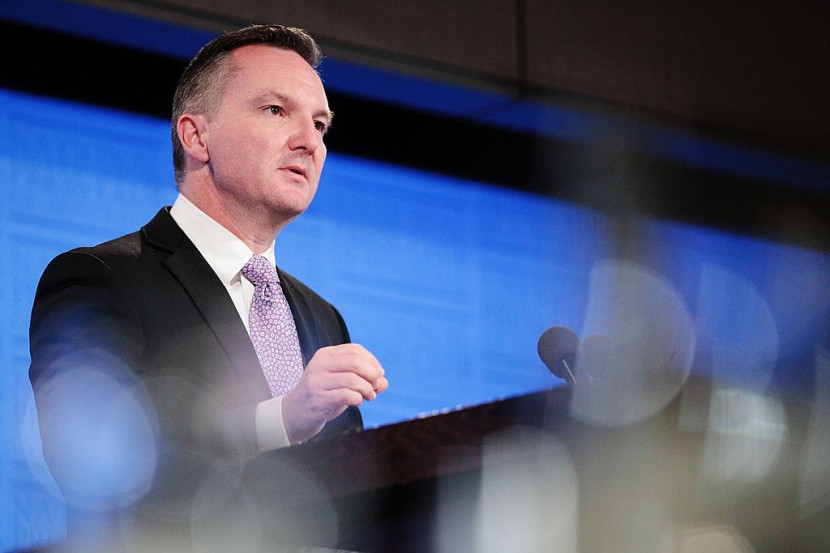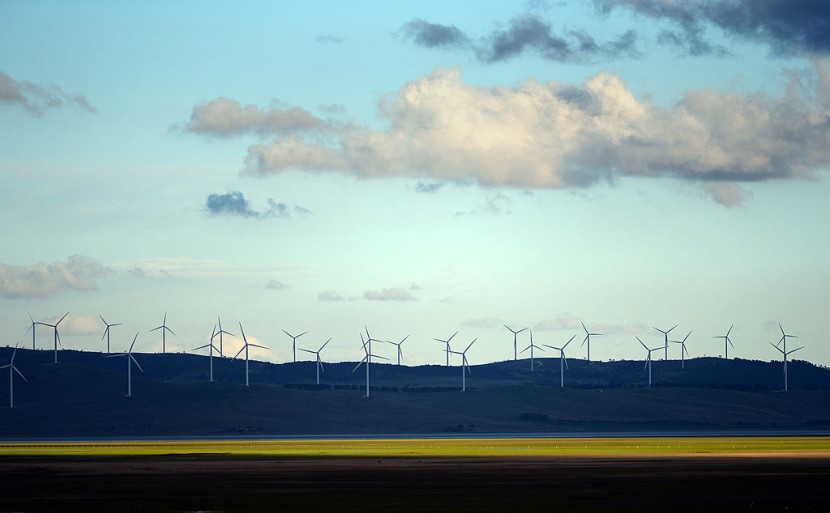Australia claims that its abundant renewable energy sources allow it to avoid adopting nuclear energy.
Climate Change and Energy Minister Chris Bowen shared this detail during the G20 energy ministers meeting, which happened in Goa, India.
Australia Boasts Abundant Renewables

According to CNBC's latest report, Bowen said that Australia's abundant renewables are helping the country avoid adopting nuclear energy.
He claims that the energy mix of the country has never used nuclear energy as one of its energy sources. "I'm not here to tell other countries what to do. Nuclear plays a role in various countries' mix, but in Australia, it never has," said Bowen.
He added that from Australia's point of view, nuclear energy has numerous issues.
The Australian minister highlighted the problems with nuclear energy. Aside from being super costly, Chris said that this power source also generates a huge amount of waste.
He added that nuclear energy is an inflexible energy source.
Read Also : Australia Says It Has Not Committed To Defend Taiwan in Relation to the AUKUS Submarine Deal
Australia's Net Zero Goal

The Guardian reported that Australia wants to achieve its net zero emission goal by 2050.
The recent Net Zero Australia report stated that if the country wants to make this possible, faster, broader, and more innovative decarbonization efforts are needed.
One of the efforts made by Australia is reducing its reliance on coal. Aside from this, the Australian government also plans to increase its dependence on gas instead.
But, investing in renewable energy sources is still the main effort of Australia.
"For those countries that are blessed with abundant renewables, harnessing those renewables, increasing their share of our energy mix, and then exporting as much as possible in due course is vital for national security as well," said Bowen.
As of writing, Australia is making steady progress in its renewable energy sector.
In 2017, only 16.9% of renewable energy accounted for the country's overall electric generation.
But, this number increased to 35.9% in 2022. Although Australia is still far from its net zero emission goal, with its ongoing efforts, there's a high chance the country can achieve it by 2050.








